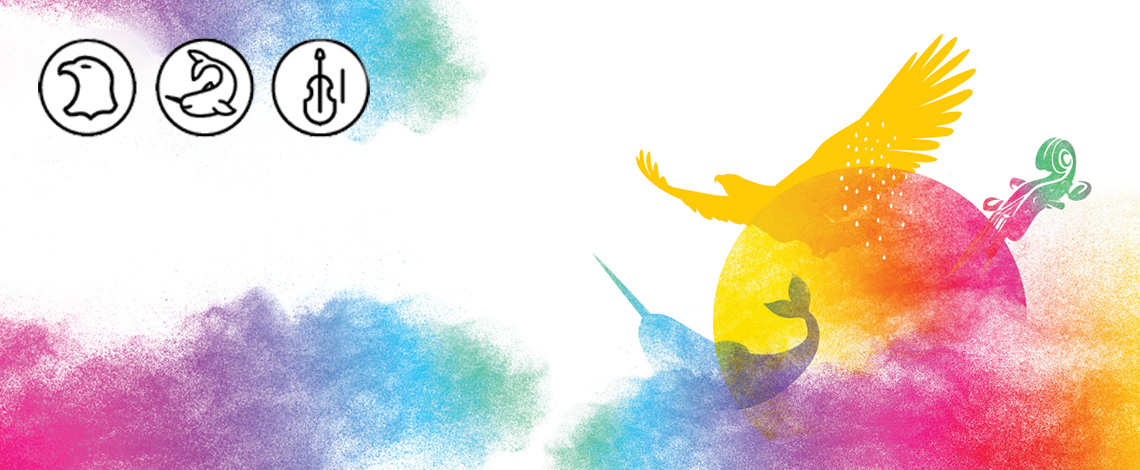National Indigenous History Month celebrates and honours Indigenous Peoples across the land now known as Canada. As treaty people, we have a responsibility to listen and learn about Indigenous heritage, diverse experiences and knowledge, and to unlearn beliefs and biases taught through Canada’s colonial history and systems existing today.
We encourage members of the profession, colleagues and all Canadians to actively educate themselves about the historical and current realities for First Nations, Inuit and Métis peoples.
Together, let’s continually uncover the truth, learn about the impacts of colonialism and take actions toward reconciliation and change for the benefit of all children, their families, RECEs and their communities.
To support your learning of National Indigenous History Month, we have put together a selection of resources:
Resources:
- Early childhood education resources to get children engaged in physically active play every day – Some resources are available in multiple languages including Inuktitut, Mi’kmaq, Ojibwe and Plains Cree.
- Indigenous Early Learning and Child Care Framework
- National Centre for Truth and Reconciliation – Teaching Resources
- Indigenous Peoples Atlas of Canada – Canadian history through Indigenous perspectives
- Stories told by First Nations, Inuit and Métis storytellers from communities across Canada
- Reports by Truth and Reconciliation Commission of Canada (TRC)
- Assembly of First Nations — It’s Our Time — Residential Schools Education Toolkit
- Indigenous Canada – Free University Course | University of Alberta
- Booklet: An Overview of the Indian Residential School System
- United Nations Declaration of the Rights of Indigenous Peoples
- National Inquiry into Missing and Murdered Indigenous Women and Girls (MMIWG) – Final Report | MMIWG (mmiwg-ffada.ca)
- Truth and Reconciliation Commission of Canada’s 94 Calls to Action

